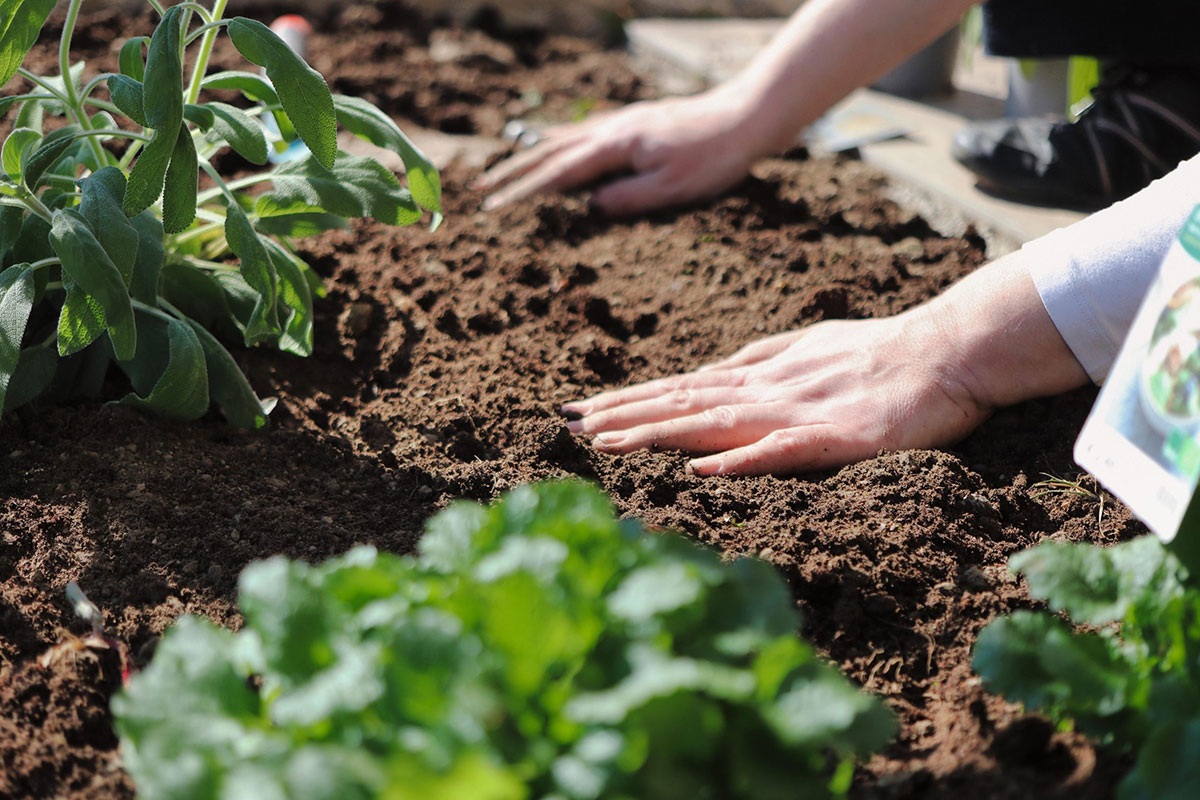
Challenge
Thailand’s new 3R Policy encourages farmers to adopt non-burning practices, diversify and replace crops, and recycle agricultural waste to reduce pollution while supporting sustainable agriculture.
Solution
Thailand’s 3R Policy encourages farmers to adopt non-burning practices, diversify and replace crops, and recycle agricultural waste to reduce pollution while supporting sustainable agriculture.
Overview
Northern Thai cities like Chiang Mai, Chiang Rai, and Lampang rank among the most polluted globally during the dry season (Nov–Mar), largely due to sugarcane and rice field burning. This worsens air quality and releases greenhouse gases. The Prime Minister has pledged to act, and lawmakers introduced new legislation. The 3R Policy, launched in 2023 by the Ministry of Agriculture and Cooperatives, applies three principles:
(1) Re-Habit—supporting farmers to adopt non-burning methods;
(2) Replace with perennial crops—encouraging fruit tree cultivation on highlands to reduce burning-prone crops like corn; and
(3) Replace with alternate crops—promoting diversified cropping and upcycling agricultural waste. Pilot projects have begun in two regions, with the policy expected to lower PM2.5, advance climate-smart agriculture, strengthen community resilience, and potentially serve as a model for other countries.
Details
The outcomes of the 3R Policy have yet to be determined, as it is a relatively new policy that started in November 2023 and has just started to be implemented in pilot sites. Also, material on the policy that is publicly available is limited. The content of this case is based on interviews conducted by the reporter at the Department of Agriculture in Thailand in November 2024. The interview focused on Thailand’s agricultural policies and strategies designed to address the impacts of climate change on food production, emphasising vulnerable communities, climate resilience, and adaptation measures.
The 3R Policy
The 3R Policy (Re-habit, Replace, and Replace with Alternate Crops), introduced in November 2023, was piloted in northern Thailand, particularly in Mae Chaem district in Chiang Mai province. This policy aims to reduce harmful crop-burning practices commonly used in maize farming for animal feed and sugarcane. A pilot program has been launched in 10 villages, covering 20,000 rai (1 rai= 1600 sq. meter) of land, where farmers are encouraged to stop burning crops and switch to more sustainable, high-value alternatives such as coffee, macadamia nuts, and avocados. The policy also promotes rain-fed crops like maize and legumes and seed distribution.
Specific agricultural sectors in Thailand are highly vulnerable to climate change. The northern regions, where maize is grown without irrigation, are particularly at risk. Other crops are also vulnerable due to their dependence on unpredictable rainfall. These regions face the dual threats of droughts and floods, exacerbating food security risks and farmers’ livelihoods. In response, the government is working to transition farmers from rain-fed crops to more climate-resilient, high-value alternatives to reduce these vulnerabilities.
Thailand’s agricultural policies prioritise climate resilience through programs like the 3R Policy, supported by the Department of Agriculture (DOA). DOA is working toward reducing crop burning by offering farmers financial incentives, including irrigation access and promoting climate-smart practices. Additionally, research into new technologies, such as gene editing for crops, aims to develop climate-resilient crop varieties. These efforts align with national objectives to strengthen food security through climate adaptation strategies.
Encouraging climate-smart agriculture (CSA)
The Thai government is actively promoting climate-smart agriculture (CSA), encouraging crop diversification, agroecology, and organic farming practices. Financial incentives, including subsidies and technical assistance, help smallholder farmers transition to more sustainable agricultural methods. Inspired by the Philippines’ National Greening Program, Thailand is implementing similar initiatives to integrate agroforestry and forest rehabilitation into farming systems. Furthermore, partnerships with the private sector, such as those seen in Nakhon Sawan, have successfully promoted sustainable farming practices.
Land tenure and climate resilience
Land tenure is critical to climate resilience. In regions with insecure land tenure, such as mountainous areas, farmers need help with long-term investments in climate-smart practices. In lowland areas, where crops like sugarcane and rice are grown, insecure land tenure often limits access to resources necessary for sustainable agriculture. To address these issues, the Thai government provides support to smallholder farmers by securing land rights and providing financial support to help smallholders invest in climate-smart agriculture. By offering incentives and securing land tenure, Thailand encourages smallholders to adapt to climate risks, thereby enhancing food security and the sustainability of agricultural practices.
International collaboration and regional networks
Thailand’s efforts are integrated into broader regional initiatives, such as the ASEAN Climate Resilient Network (CRN), which focuses on agricultural adaptation and climate resilience. In January 2025, the CRN will celebrate its 10th anniversary and continue collaborating with international organizations like the Food and Agriculture Organization (FAO) and the Mekong Institute (MI) to advance strategies for climate-resilient agriculture across the region.
In conclusion, Thailand’s agricultural policies aim to strengthen climate resilience by promoting sustainable farming practices, climate-smart agriculture, and local community empowerment. Although challenges like insecure land tenure and limited financial resources persist, the government remains committed to working with farmers and the private sector to build long-term resilience against climate change in the agricultural sector.
Acknowledgements
We would like to thank the officers of the Department of Agriculture, Thailand, for their cooperation, and Kei Kurushima of the Institute for Global Environmental Strategies (IGES) for conducting the November 2024 interview on which this article is based.